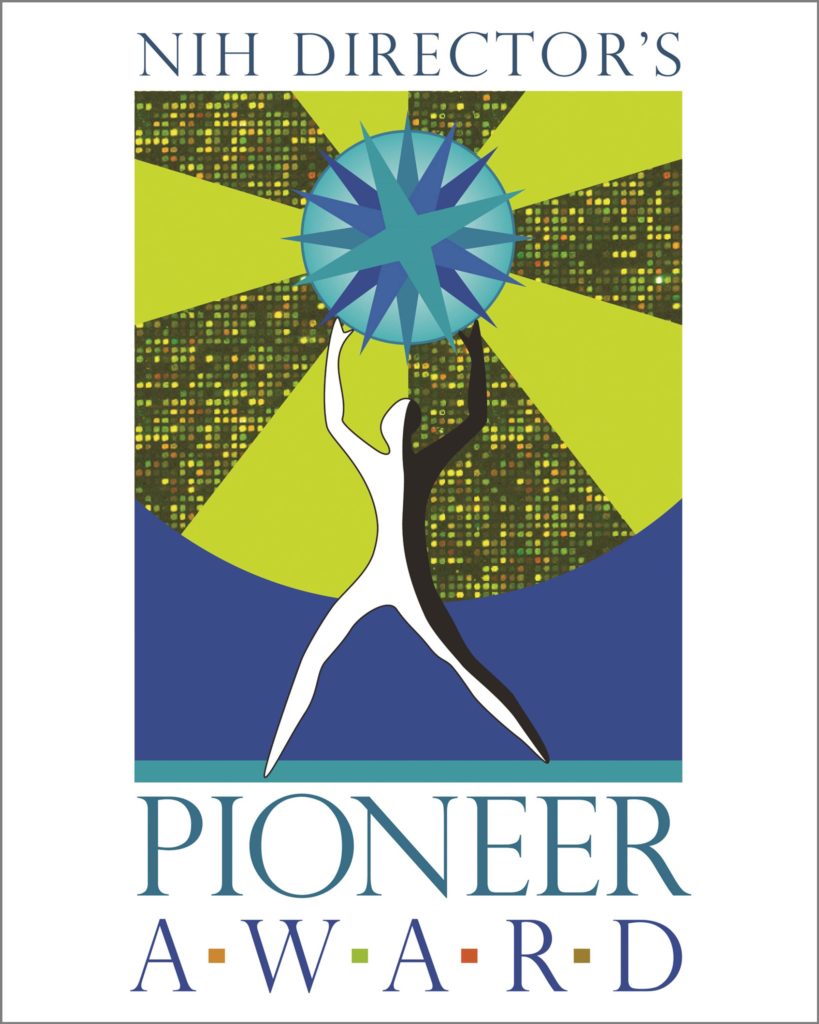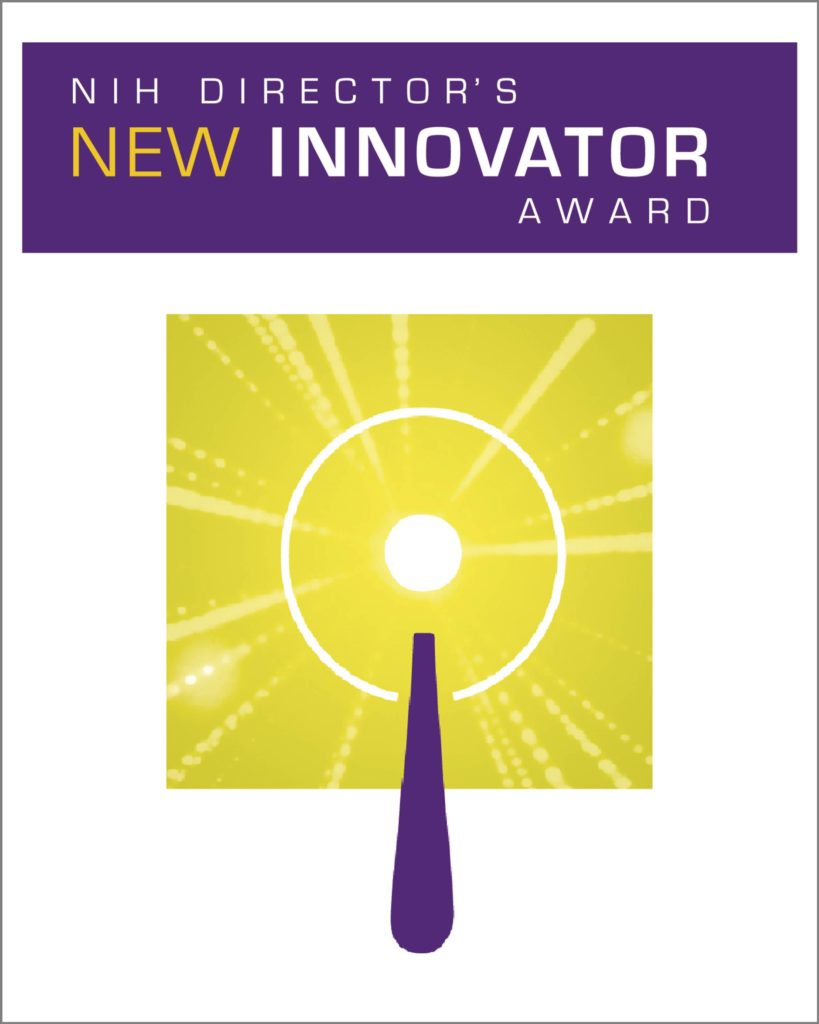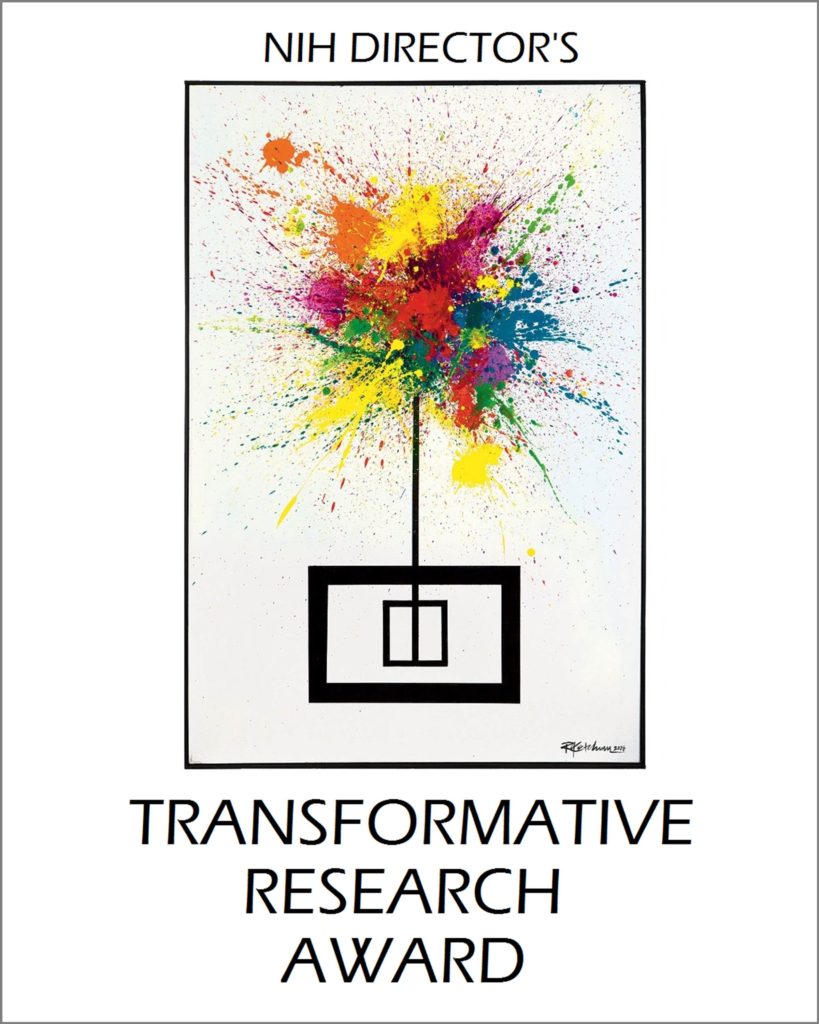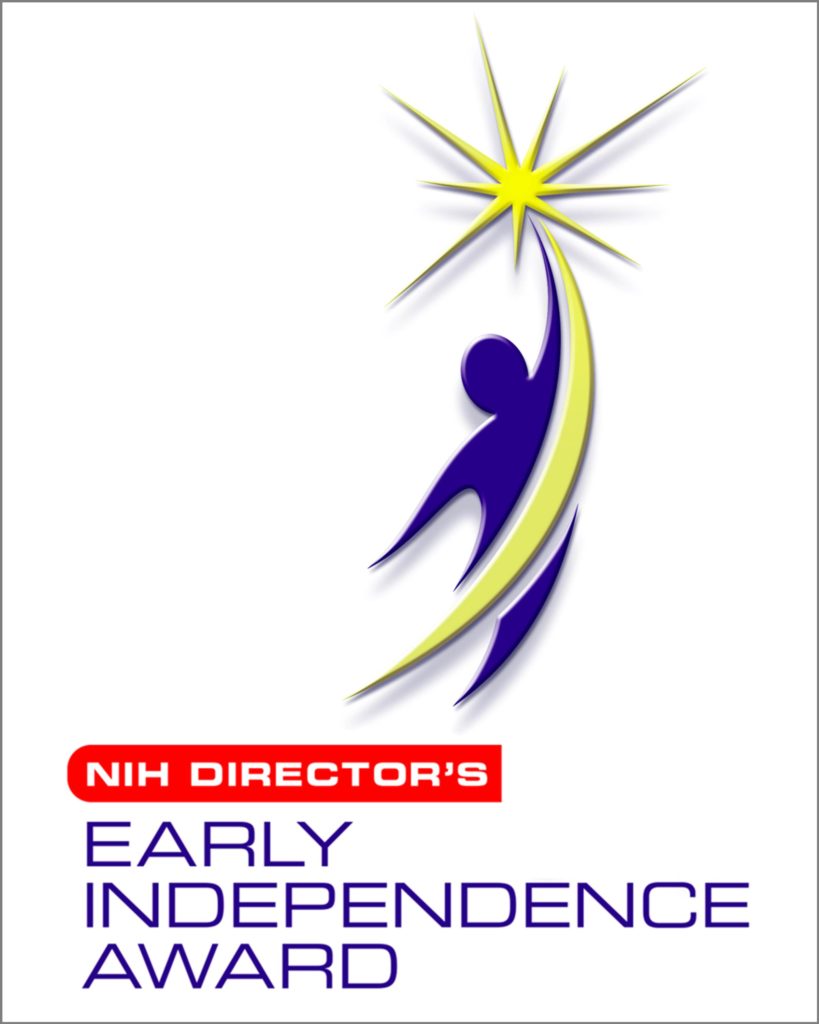NIH High-Risk, High-Reward Funding for “Outside-the-Box” Ideas
Watch the recording and hear from NIH High-Risk, High-Reward program officers in an APS hosted webinar, here.
The NIH Common Fund has active funding opportunities for the High-Risk, High-Reward Research program. These funding opportunities seek outside-the-box research ideas that if successful would have a large impact in an area of research relevant to the broad mission of NIH. According to NIH, though this program is a time-tested approach for sparking innovation, the scientific potential of the U.S. is not being fully tapped into in terms of the diversity of applicants, institutions, or scientific topics.
Thus, to help fund the best possible science, NIH encourages applications from U.S.-based researchers of all career stages and of diverse backgrounds and scientific areas including across the psychological sciences and from underrepresented racial and ethnic groups, persons with disabilities, and women. Since outstanding research is conducted at a broad spectrum of institutions, it benefits the national scientific enterprise to support exceptionally innovative and impactful science that represents this breadth. NIH encourages applications from the full range of eligible institutions, including those serving primarily underrepresented groups, those that may be less research-intensive, and from all domestic geographic locations. Applications are welcome in all research areas broadly relevant to the mission of NIH. These areas include, but are not limited to, the behavioral, medical, natural, social, applied, and computational sciences. Research may be basic, translational, or clinical. The primary requirements are that the research be highly innovative and have the potential for unusually broad impact.
There are four initiatives within the HRHR program:
The Pioneer Award Program: for investigators at any career stage who have a record of unusually innovative research and who propose pioneering ideas going forward. (Application receipt date of September 10, 2021.)

The New Innovator Award: for Early Stage Investigators (those within ten years of receipt of their terminal research degree or completion of their clinical training) who propose unusually innovative and impactful research. (Application receipt date of August 20, 2021.)

The Transformative Research Awards: for individuals (single Principal Investigator) or teams (multiple Principal Investigators) who propose unconventional, potentially groundbreaking research projects with flexible budgets. (Application receipt date of September 1, 2021.)

The Early Independence Awards: for exceptional junior scientists who wish to “skip the post-doc” to launch independent research careers (only up to two applications per institution are allowed). (Application receipt date of September 3, 2021.)

None of these programs requires preliminary data or a detailed experimental plan. What is required is a great idea and compelling logic of how it might be achieved. These are all quite competitive programs, but the chance of being funded is zero if one does not apply!
Prior to the webinar, please join the HRHR Award listservs (see details on the resp. website) so that you may be kept abreast of future funding opportunities. If you have any questions about these funding opportunities, please do not hesitate to contact: [email protected], [email protected], [email protected], [email protected].





APS regularly opens certain online articles for discussion on our website. Effective February 2021, you must be a logged-in APS member to post comments. By posting a comment, you agree to our Community Guidelines and the display of your profile information, including your name and affiliation. Any opinions, findings, conclusions, or recommendations present in article comments are those of the writers and do not necessarily reflect the views of APS or the article’s author. For more information, please see our Community Guidelines.
Please login with your APS account to comment.